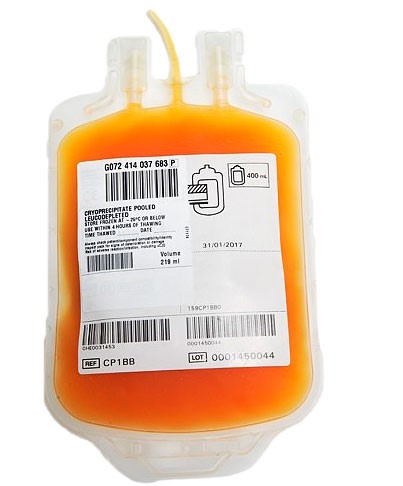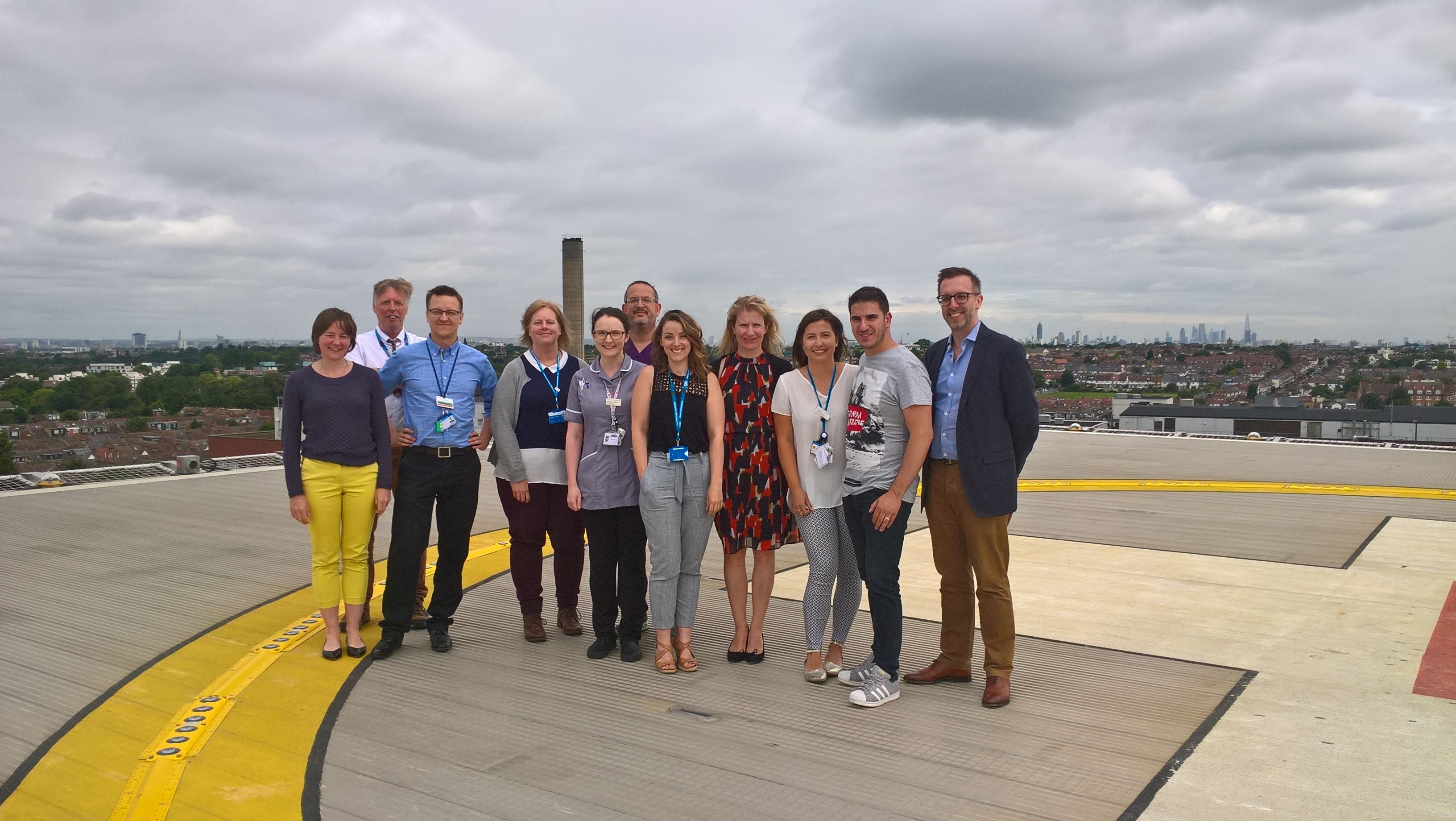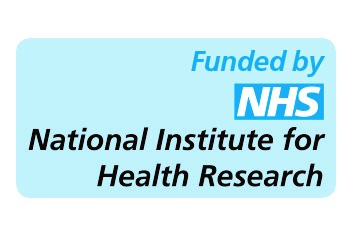Early Cryoprecipitate in trauma- CRYOSTAT-2 trial commences
2 October 2017
NHSBT’s clinical trials unit (CTU) is delighted to announce the commencement of a new multi-centre clinical trial investigating the use of early cryoprecipitate administration in trauma patients. This joint collaboration between the Centre for Trauma Sciences (C4TS), Queen Mary University of London (Sponsor) and NHSBT has been successful in securing £1.8million of funding from the NIHR Health Technology Assessment programme (project number 15/57/02) and £500,000 from Barts Charity.
The CRYOSTAT-2 study is led by Chief Investigators Professor Karim Brohi (C4TS) and Dr Simon Stanworth (NHSBT), has now recruited 10 participants to the trial.
Supported by



Why are we doing this study?
Bleeding is a major cause of death in severely injured patients. Many patients who have lost blood due to trauma rapidly develop a clotting deficiency which may be fatal. Previous studies suggest that treatment of trauma patients who are bleeding with fibrinogen therapy stops bleeding more effectively than standard care, reduces transfusion needs and may reduce death rates. At present, the standard care of trauma patients in Major Trauma Centres (MTCs) in England is to administer a blood component called Cryoprecipitate after a number of hours has elapsed since their injury.

Cryoprecipitate is a frozen blood component, manufactured by NHSBT, prepared from plasma and rich in fibrinogen. By transfusing cryoprecipitate early to replace fibrinogen levels in bleeding trauma patients, we believe blood clots will be more stable, reducing bleeding and consequently the number of deaths.
What is the study?
CRYOSTAT-2 will look at the effects of transfusing high dose cryoprecipitate earlier in the treatment process, to adult trauma patients with severe bleeding within 90 minutes of admission to the emergency department. The trial will evaluate whether early cryoprecipitate reduces death when major bleeding occurs after injury by randomly allocating patients to receive either standard care or early cryoprecipitate plus standard care.
Who is involved?
Over the next three years, we will work with every Major Trauma Centre in England in addition to international sites to recruit more than 1500 patients to the trial. We hope that the results from the study will advise local and national standard haemorrhage protocol. After months of preparation, on the 6th July 2017, we opened our first trial site at St George’s Hospital in Tooting, London (see photograph below). In the first 6 months of the trial we will be opening as many of the 23 Major Trauma Centres in England as possible and then commencing to international sites in early 2018.

At what stage is the trial?
We have now opened four trial sites and will be opening at least four more by the end of September. Two trial sites have been given confirmation that they can recruit to the study and have together recruited 10 participants (8 from St George’s Hospital and 2 from St. Mary’s Hospital, Paddington). We have completed Site Initiation Visits for 10 sites so far.
Further questions?
If you would like more information about CRYOSTAT-2, we have a dedicated website www.cryostat2.co.uk and a twitter feed @CRYOSTAT_2 which provide information and regular updates on the trial. Alternatively, please contact Clinical Trial Manager Kiri Jefferies-Sewell (based in the NHSBT CTU) via email or phone 01223 588 016.
